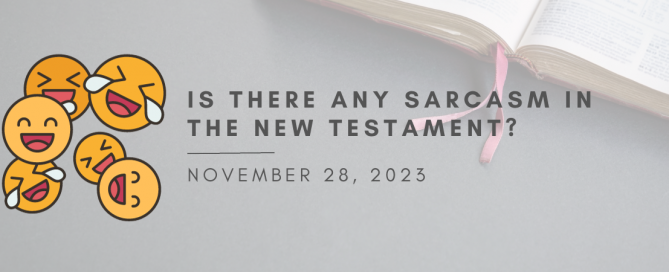The Miracles of the Emperor Vespasian. A Platinum Post by Ryan Fleming
Here is a provocative and intriguing post on a topic not widely known outside the realm of Roman historians: the miracles attributed to the Emperor Vespasian (which sure sound a lot like the miracles attribued to Jesus, written in Gospels produced just at the time of or after his reign.) The post is by Platinum member Ryan Fleming. Platinum members are allowed to write posts for other Platinum members. It's a great perk of the highest level of blog membership! And when we have a few in the bag, Platinum members vote for which of them can appear on the main blog. This is the current winner. It raises a number of intriguing possibilities about this little-known set of narratives of obvious importance to understanding Jesus and the Gospels. What do you think? **************************** Roman historian Tacitus (56 CE to 120 CE) in The Histories, Book IV, Section 81, and Suetonius (69 CE to 122 CE) in The Lives of the Twelve Caesars wrote of miracles Vespasian performed in the temple of Serapis in [...]


